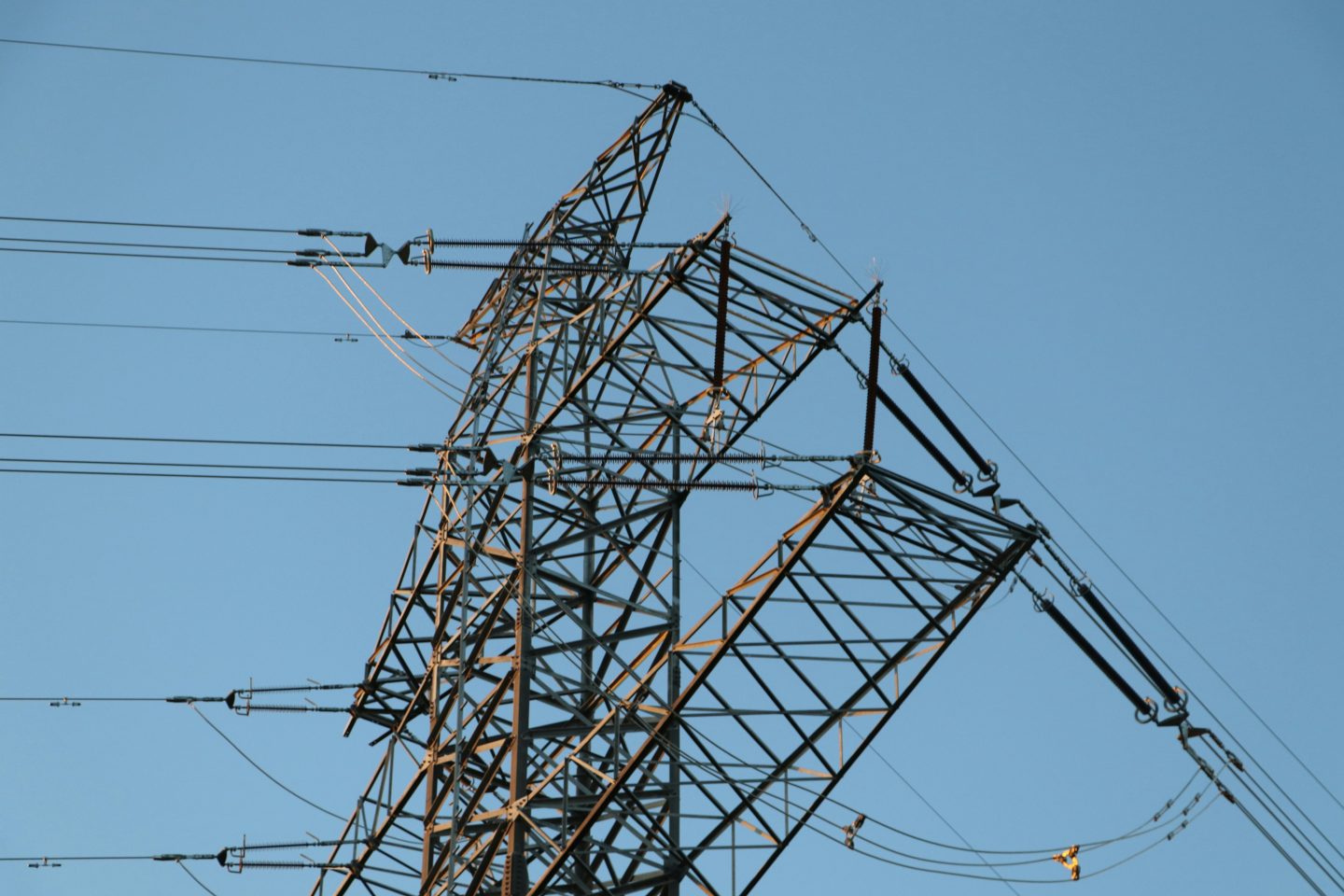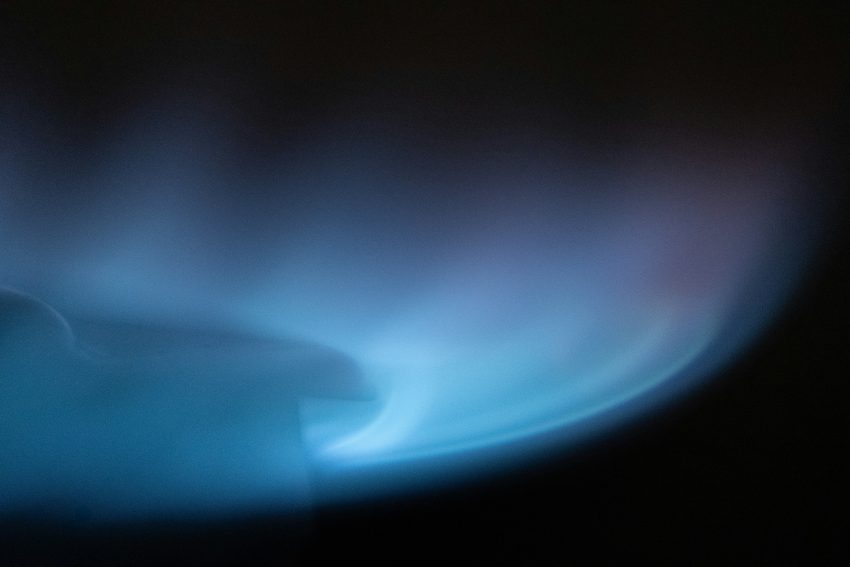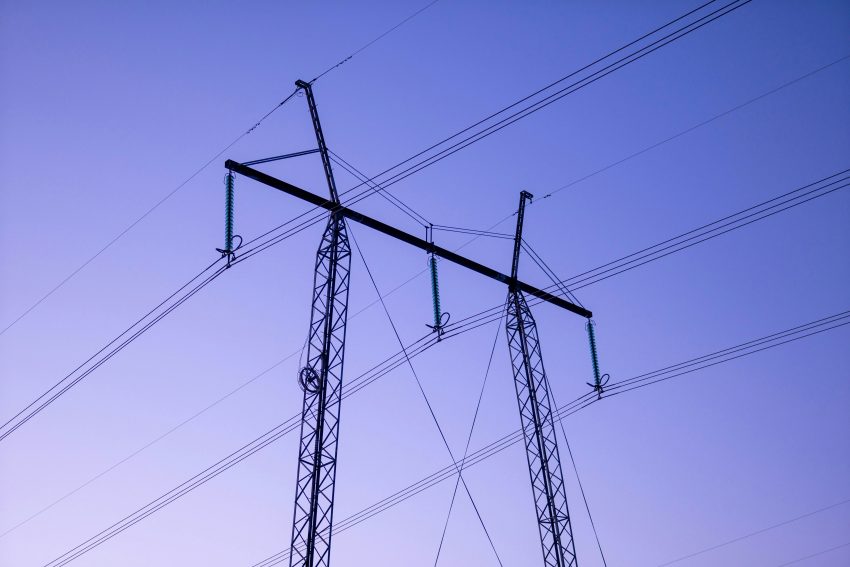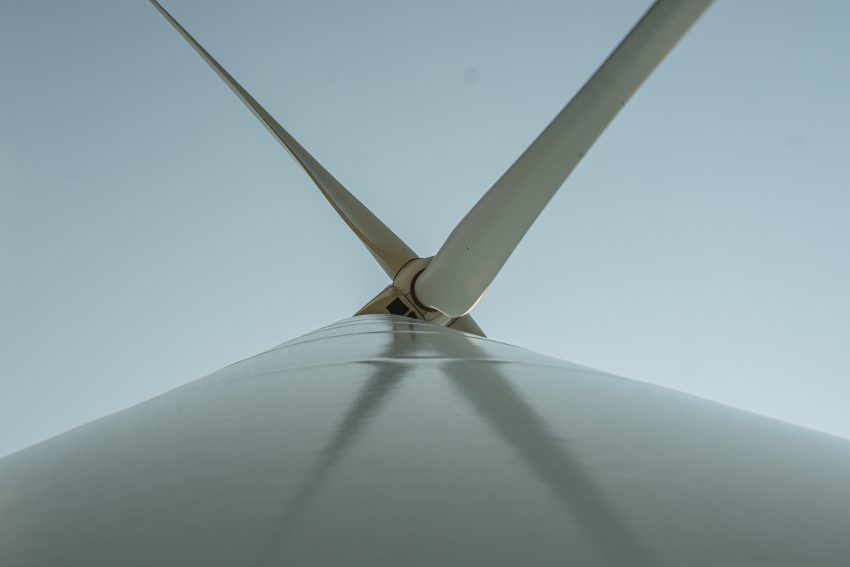Introduction
Energy isn’t just a business cost – it’s often one of the biggest overheads for your business. Choosing the right type of energy contract can make a huge difference to your bottom line.
The two most common options are fixed and flexible contracts. One offers budget certainty; the other opens the door to potential savings but can be a high-risk option. The best choice depends on your energy use, your risk tolerance, and whether you’ve got support to track the market.
Here’s a straightforward guide to help you make informed decisions for your business.
What’s a fixed energy contract?
A fixed contract means your price per unit of energy (kWh) and daily standing charge are locked in for the duration of the agreement, usually for 1–5 years.
- The good: Simple, predictable bills – you know what you’ll pay each month. And if the market goes up, your energy costs won’t skyrocket.
- The bad: If market prices fall, you don’t benefit.
When it comes to expert energy procurement, timing matters.Securing a fixed contract at the right moment can have a true impact on your business’ bottom line.
We especially recommend a fixed energy contract for SMEs and businesses that have a tighter energy budget for long-term security.
What’s a flexible energy contract?
A flexible contract lets you procure energy contracts in smaller blocks throughout the contract, rather than commit to 1-5 years.
- The good: You can take advantage of dips in wholesale prices.
- The bad: If prices rise, your costs can spiral.
This is (again) where expertise makes all the difference. Flexible contracts can be much more cost-effective, but only if you have someone guiding decisions and watching the market closely. We recommend flexible energy contracts for larger energy users with the appetite (and support) to manage risk.
Why timing and expertise matter
Both fixed and flexible contracts have their place. But two aspects remain highly important for both options:
- Timing: Fix too late, and you may lock in at peak market prices. Buy flexibly at the wrong moment, and you could pay much more than a simple fixed rate.
- Expertise: Energy procurement professionals track trends daily, use market intelligence tools, and understand regulatory shifts. They can help you avoid expensive mistakes and secure contracts at the right time.
Let’s summarise
- Fixed contracts = stability and peace of mind, but timing is everything.
- Flexible contracts = the chance to benefit from dips in the market, but only if you have the expertise to recognise these dips.
Overall, there is no right answer to which option is better. The energy market is complex and fast-moving, which is why we recommend working with professionals on your business energy.
Let us help
Our team of energy procurement experts specialises in helping UK businesses choose the right strategy, secure the best contract at the right time, and manage risk in a volatile market.
Get in touch for a free energy consultation. We specialise in electricity, gas and renewable energy.








